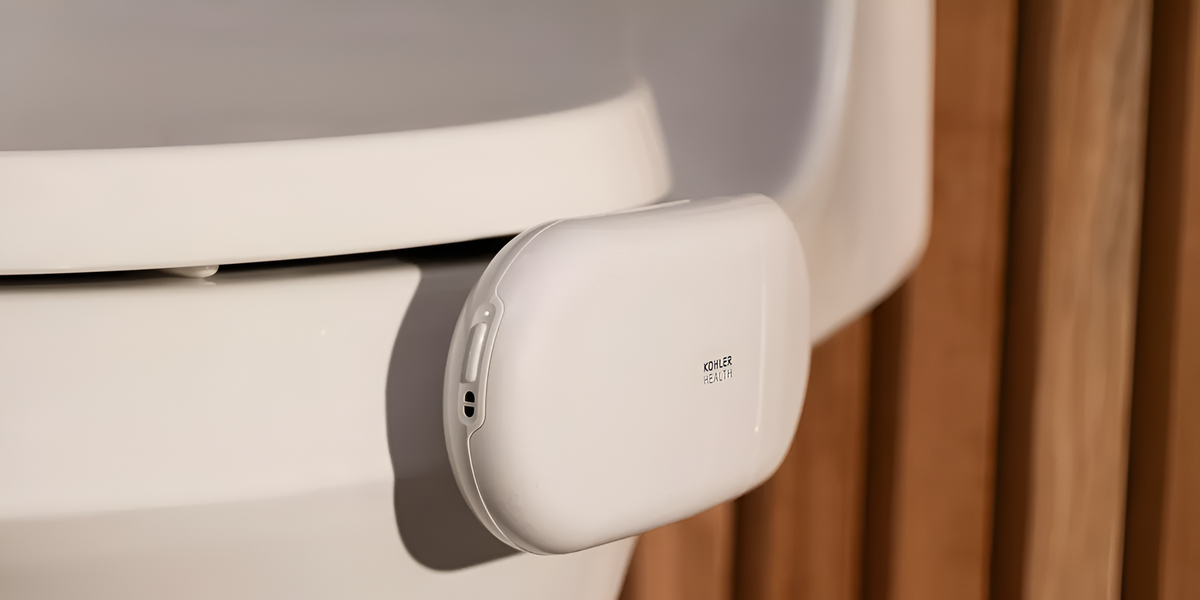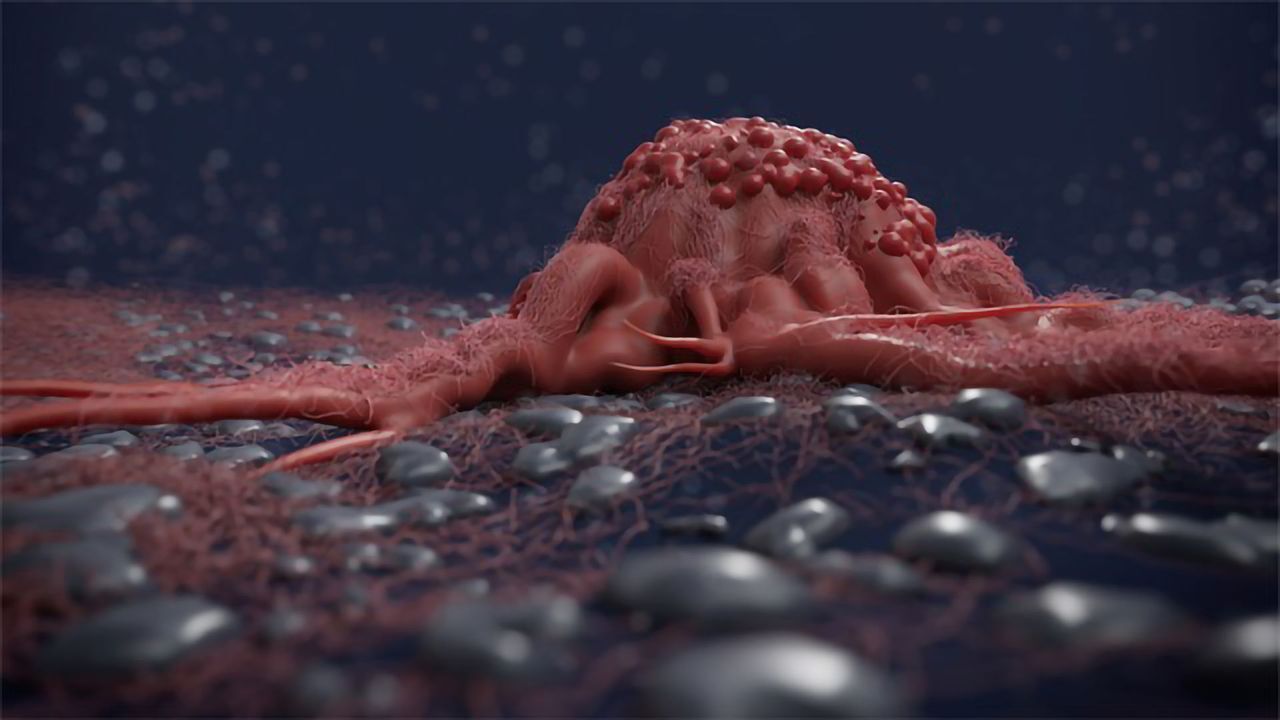Findings on cancer cells and fibroblast cells—a type that often scars tissues—suggest that the viscosity of the cell medium is a major contributing factor to disease progression and may help explain tumor progression, scarring in mucus-filled lungs in cystic fibrosis. wound healing process. The study was published in the journal Nature Physics.
“This relationship between cell viscosity and binding has never been demonstrated before,” says Sergei Plotnikov, assistant professor of cell and systems biology in the University of Toronto College of Arts and Sciences and co-author of the study. “We found that the denser the medium, the stronger the cells adhere to the substrate and the faster they move — like walking on an icy surface in shoes with spikes compared to shoes without grip.”
Because the researchers observed that cancer cells accelerate in a dense environment, they concluded that the development of “wrinkled edges” in cancer cells may contribute to the spread of cancer to other parts of the body.
On the other hand, targeting the expansion response in fibroblasts can reduce tissue damage in mucus-filled lungs affected by cystic fibrosis. Because frilly fibroblasts move fast, they are the first cell type to travel from mucus to the wound and promote scarring rather than healing. These results may also mean that cell movement can be controlled by changing the viscosity of lung mucus.
News cannot be equated with a doctor’s prescription. Consult an expert before making a decision.
Source: Ferra











